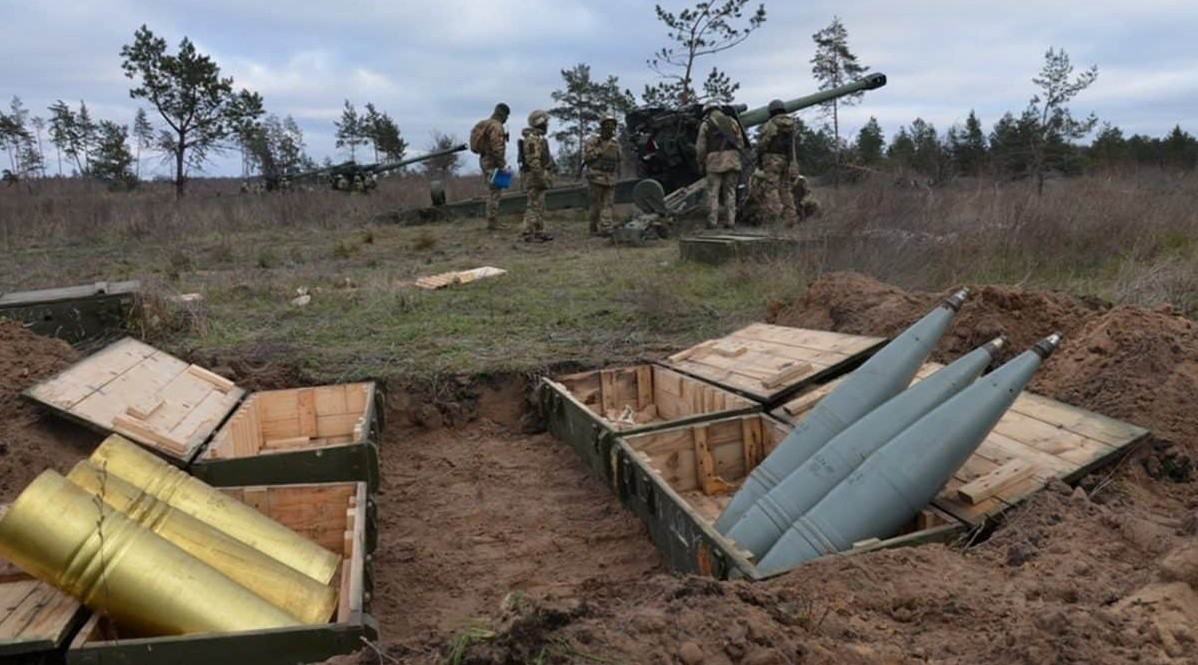Czech Republic to purchase ammunition for Ukraine with funds from frozen Russian assets

The Czech Republic will use the proceeds of Russian assets frozen in the EU as part of its initiative to purchase ammunition for Ukraine. Jana Cernochova, Czech Minister of Defense, stated this. "Part of the proceeds from the frozen Russian assets in the EU will be used to supply ammunition for Ukraine, which will be purchased by the Czech Republic.
This is the decision of the European Union," Cernochova stated. The official noted that thanks to these funds, the Czech initiative project will be able to purchase hundreds of thousands more rounds of large-caliber ammunition, which Ukraine desperately needs. She emphasized that the decision to transfer proceeds from Russian assets for arms purchases was another proof of the allies' confidence in the Czech Republic and the munitions initiative.
"This is a unique opportunity to support Ukraine, use Russia's resources, and save the public finances of European countries," the Minister noted.
Initiative-2025
The Czech Ministry of Defense is preparing to launch a new initiative to supply Ukraine with artillery rounds in 2025. The tentatively titled Initiative 2025 project will involve five Czech arms companies and suppliers from various non-NATO and EU countries. In July, Czech Foreign Minister Jan Lipavsky stated that the Czech Republic is seeking funds to purchase ammunition for the Ukrainian Defense Forces as part of its initiative.
Russian revenues should become an important funding source for the initiative, as the estimated value of frozen Russian sovereign assets in the EU is almost EUR211 billion. The EU, G7 countries, and Australia have frozen a total of approximately EUR260 billion in securities and cash. As part of this year's initiative, the Czech Republic is to provide about 50,000 rounds of ammunition in August, and 80,000 to 100,000 per month from September to the end of the year.
In total, Ukraine will receive a total of 500,000 rounds by the end of the year.
Lipavsky said that 18 countries have already joined the initiative, of which 15 have fulfilled their obligations and contributed.